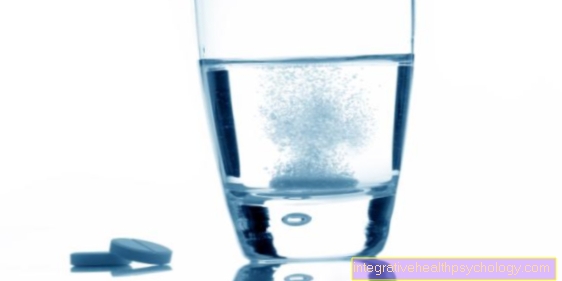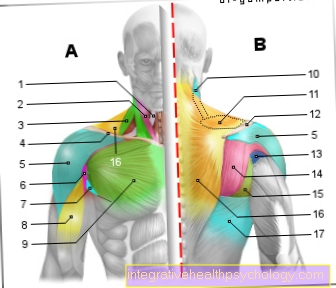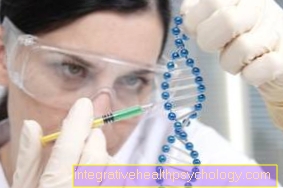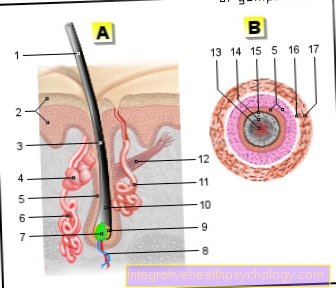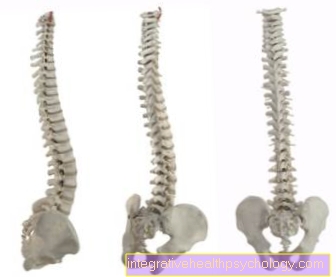The effects of creatine
introduction
Creatine is there to regenerate our quick energy reserves.
Biochemically, creatine is important for supplying phosphate groups for the conversion of ADP to ATP (creatine phosphate becomes creatine and releases the phosphate to ADP). ATP is our body's fuel. We cannot live without ATP. ATP provides chemical energy for all possible processes in our body, including muscle contraction, but for all other vital processes.

How does creatine work?
Creatine kinase, an enzyme which can transfer the energy-rich phosphate groups, converts creatine to creatine phosphate and is activated to regenerate used ADP to ATP.
In relation to the muscles, creatine is therefore particularly important for rapid strength and maximum strength, but is also important in the area of endurance.
Creatine also plays a role in human development, particularly of the muscles, and the brain. Deficiency symptoms or enzyme defects can lead to disorders. Especially people who have a low-meat or meat-free diet should consider supplementation in stressful situations or during pregnancy.
Read more on the topic: Creatine to build muscle
When should it be supplemented?
Creatine is considered as a supplement, especially in weight training. There are even studies that prove that proper creatine supplementation in strength athletes, but also handball players or football teams, could measure improvements in strength / muscles. Creatine is responsible for an improved energy supply and can ensure an improved strength performance of the muscles, and can thus enable more intensive training, which then leads to an increase in muscle mass.
Read more on the topic: Supplements for building muscle
Without appropriate training, creatine has no effect, it only improves the possibility of postponing your exhaustion during training and expanding your limits more quickly. Furthermore, the intake of creatine goes hand in hand with water retention in the body, so weight gain can result. Sports in which a low body weight makes sense - long endurance performances such as marathons or racing bikes are therefore less to be supported by creatine supplementation, whereas in weight training or contact sports, a high body mass can be desired.
Read more on the topic: Side effects of creatine
In patients with certain muscle diseases, weakened muscle function can be improved by the administration of creatine. Creatine is used here for symptomatic therapy.
People with a creatine deficiency should especially supplement if they are particularly dependent on creatine. In other words, during growth and, if necessary, with medical advice during pregnancy in order to support / guarantee the physiological development of organs
Read more on the topic: How useful is creatine?
What is creatine
Creatine is an important supplier of energy in our body, which is particularly found in our muscles (skeletal muscles but also heart muscles). Creatine is a molecule that is composed of various amino acids, so it is a peptide. To a certain extent, our body can produce creatinine itself. This mainly takes place in the kidney and liver. We have to get a further part through our food (highly concentrated especially in animal protein, e.g. fish and meat). Creatine is not only used in sports as a dietary supplement, but can also be used to treat certain muscle diseases.
Read more on the topic: Creatine







